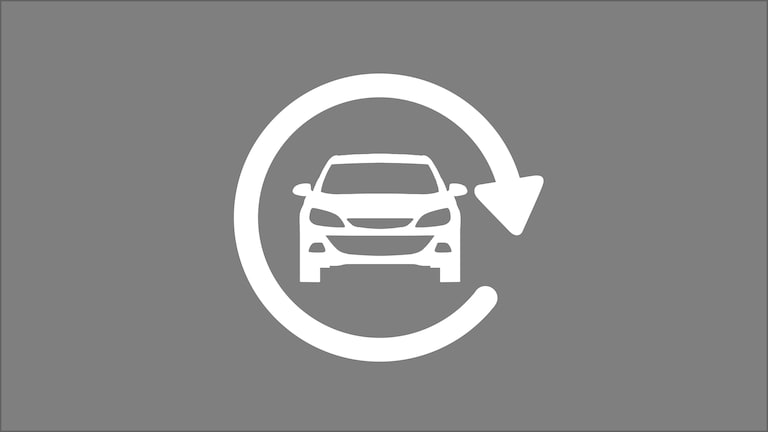BIK COMPANY CAR TAX
Understand everything you need to know about the tax you are liable to pay as a Company Car Driver.
BIK COMPANY CAR TAX
Understand everything you need to know about the tax you are liable to pay as a Company Car Driver.
COMPANY CAR TAX (BIK)
WHAT IS BENEFIT-IN-KIND?
WHAT FACTORS INFLUENCE BENEFIT-IN-KIND?
BiK tax is one of the methods used by government to achieve its CO2 emissions reduction objectives. It uses a number of attributes to determine how much BiK tax someone should pay. In addition to the P11D value of the car it also takes into account its CO2 emissions (which is used to determine its Benefit-in-Kind Tax band) the type of fuel used, and the employee’s personal tax rate. To find out how to calculate the P11D value of your Company Car, view our What is P11D? page.
If you are supplied with a company van that is also available for private use, the calculation is much simpler. In this situation, HMRC has established a value of £3,350 for the taxable benefit, plus a further £633 if you are provided with free fuel for private use. Simply multiply these figures by the highest rate at which you pay income tax to calculate your annual BiK Tax liability.
Low CO2 emissions are crucial to reducing BiK tax liability, view Vauxhall’s low CO2 emissions car range here.



